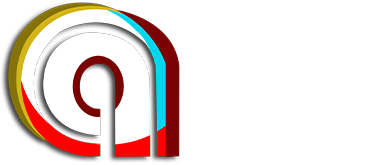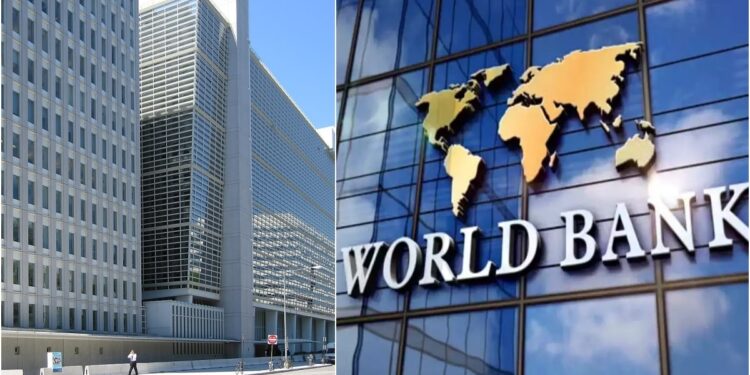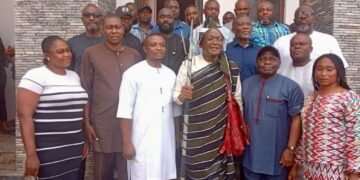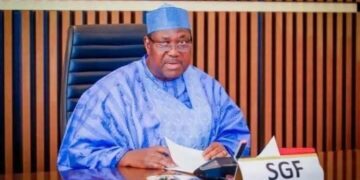The World Bank is set to decide on three major loan projects for Nigeria in 2025, totaling $1.65 billion, aimed at addressing critical developmental challenges in the country. These loans, currently in the pipeline, will focus on internally displaced persons (IDPs), education, and nutrition enhancement.
According to information from the World Bank’s website, the loans are designed to support Nigeria’s social and economic recovery, particularly in vulnerable sectors that require urgent intervention. The first project, Solutions for the Internally Displaced and Host Communities Project, with a commitment of $300 million, is scheduled for approval on April 8, 2025. This project, still in the concept review stage, aims to provide sustainable solutions for IDPs and their host communities, addressing their social and economic challenges.
The second project, HOPE for Quality Basic Education for All, will receive $553.8 million in financing and is set for approval on March 20, 2025. It also remains in the concept review phase. The third project, Accelerating Nutrition Results in Nigeria 2.0, which represents the largest share of the loans with a commitment of $800 million, is expected to be decided by February 20, 2025.
These three loans are part of the World Bank’s continued commitment to supporting Nigeria’s reforms. The final decision on the loans will depend on Nigeria’s ability to meet project prerequisites and demonstrate accountability in the implementation of these initiatives.
Under the leadership of President Bola Tinubu, the Nigerian government has secured $6.95 billion in loans from the World Bank over the past 18 months. The most recent approval was for a $500 million loan, granted on December 13, 2024, for the Rural Access and Agricultural Marketing Project—Scale Up. This loan is designed to improve access to agricultural markets, schools, and hospitals in rural areas, promoting social cohesion.
This is the 10th loan approved under President Tinubu’s administration. Notable earlier approvals include a $750 million loan for the power sector, a $500 million loan for women’s empowerment, and a $700 million loan to enhance educational opportunities for adolescent girls. In addition, in December 2023, the World Bank approved a $750 million loan for renewable energy solutions aimed at increasing electricity access for over 17.5 million Nigerians.
On June 13, 2024, the World Bank approved a combined $2.25 billion in loans, including $1.5 billion for economic stabilization and $750 million for resource mobilization reforms. In September 2024, three more projects were approved, totaling $1.57 billion, to support education, healthcare, and water management while tackling poverty and boosting productivity.
As of the latest data, the World Bank holds $16.32 billion of Nigeria’s external debt, primarily from the International Development Association, which constitutes 38% of the total. The International Bank for Reconstruction and Development is owed $484 million, or 1.13%. In 2024, the Nigerian government spent $3.58 billion servicing its foreign debt, a 39.77% increase from the previous year.
